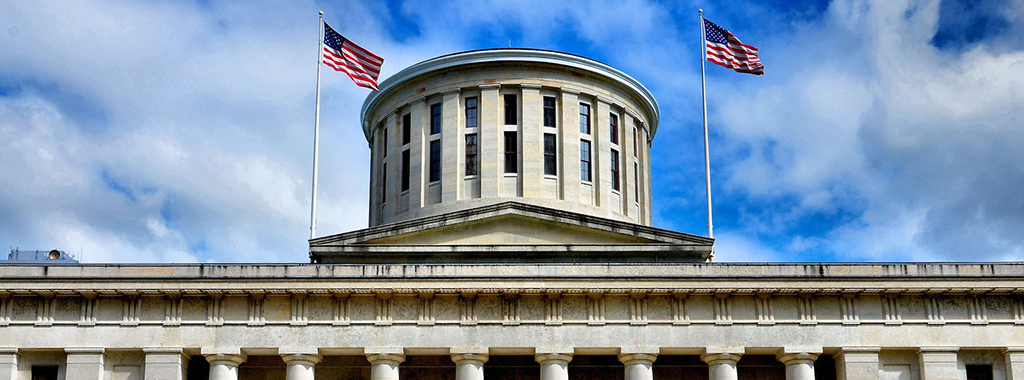Should Public Officials Be Held Liable for Violating Ohioans’ Rights?
Court considers whether Secretary of State Jon Husted should be required to compensate Ohioans whose First Amendment rights he violated
Cincinnati, OH – On Thursday, December 10, the Sixth Circuit Court of Appeals heard oral arguments on whether government officials must reimburse the victims of their unconstitutional conduct for the costs and expenses imposed by that conduct.
In late 2013, federal judge Michael Watson sided with the 1851 Center in Citizens in Charge v. Husted, determining that a “residency requirement” reenacted through Senate Bill 47 violated Ohioans’ First Amendment rights by prohibiting them from working with out-of-state petition circulators on their initiative. Thereafter, the Ohio Attorney General insisted that the Secretary of State Husted was nevertheless “immune” from damages for the harm he imposed on a conservative pension reform effort in Cincinnati.
In March, Judge Watson denied the plea for immunity, explaining that Mr. Husted may indeed be liable for the harm he inflicted because the plaintiffs’ constitutional rights were “clearly established,” and any reasonable public official would have known that the residency requirement was unconstitutional (the same requirement had been held invalid in 2008).
The Attorney General appealed, even though Mr. Husted does not deny that he violated Ohioans’ rights. Instead he claims that, as a government official, he should be absolutely immune from personal liability when enforcing statutes enacted by the legislature, irrespective of their constitutionality.
The parties filed briefs, and on December 10, the 1851 Center argued that government officers should be personally liable, rather than “immune,” when they violate Ohioans’ clear constitutional rights.
“Public officials should be held accountable for the harm they inflict when violating Ohioans’ rights, not their innocent victims,” according to Maurice Thompson, Executive Director of the 1851 Center. “If public officials from the governor down through the police know that they will be liable for enforcing an unconstitutional law, they are far more likely to take Ohioans’ constitutional rights seriously. We would like to end the ‘I don’t make the law; I just enforce it’ mentality that many public officials use to escape liability for the harm they cause.”
If the State prevails in its appeal, public officials – whether police, bureaucrats, or politicians – may well be authorized to violate Ohioans’ rights without consequence.
Capital elections law professor Mark Brown is supporting the 1851 Center’s position with an amicus brief, while Ohio State elections law professor Daniel P. Tokaji has called denial of immunity here “dead-on right,” explaining “[s]ome qualified-immunity cases are difficult. Not this one.”
The oral argument occurred at 9:30am on Thursday December 10. You can listen to the archived oral argument HERE
Read the 1851 Center’s Appellate Brief HERE
Read media reports on this case HERE




Leave a Reply
Want to join the discussion?Feel free to contribute!